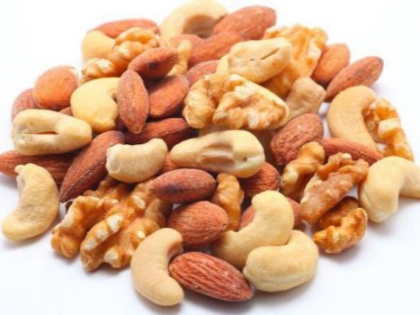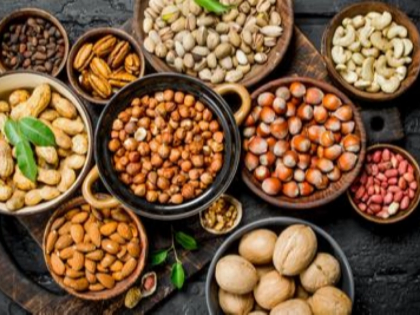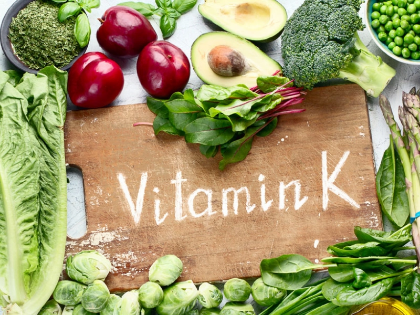Berries: Nature's Answer to Reducing Inflammation
1. Controlling Inflammation
One should emphasize the need for controlling inflammation. A normal reaction of the immune system of the body, inflammation results from damage or infection. Still, persistent inflammation can cause a variety of health problems, including arthritis, diabetes, and heart disease. Maintaining general health and avoiding illness depend on control of inflammation. Diet is mostly responsible for controlling inflammation, so including anti-inflammatory foods helps to reduce its consequences. Rich in nutrients, berries have become increasingly effective friends in the battle against inflammation.
2. Powerhouses of Nutrients
Essential vitamins, minerals, and antioxidants abound in berries—strawberries, blueberries, raspberries, blackberries, etc.? Although they have few calories, their high fiber content makes them a great choice for a diet. Berries' vivid hues point to the presence of phytochemicals, molecules with anti-inflammatory action. These minerals cooperate to strengthen the immune system and fight oxidative stress, a main factor causing inflammation.
3. Their Function and Antioxidants
The great antioxidant value of berries is among their main advantages. The body's free radicals are neutralized by antioxidants like flavonoids, anthocyanins, and vitamin C. Unstable chemicals and free radicals can damage cells and fuel persistent inflammation. Reducing oxidative stress helps antioxidants in berries to be quite important in lowering inflammation levels. Frequent berry ingestion helps the body combat oxidative damage and lower the risk of chronic diseases.
4. Particular Berries: Their Advantages
Many varieties of berries have special health advantages. For example, blueberries are especially high in anthocyanins, which have been demonstrated to lower bodily inflammation markers. Rich in vitamin C and other antioxidants, strawberries help to strengthen immunity generally. Ellagic acid found in raspberries has anti-inflammatory properties and might help ward off some tumors. Blackberries' anti-inflammatory action stems from their abundance of vitamins and antioxidants as well. Maximizing these health advantages in your diet requires including a range of berries.
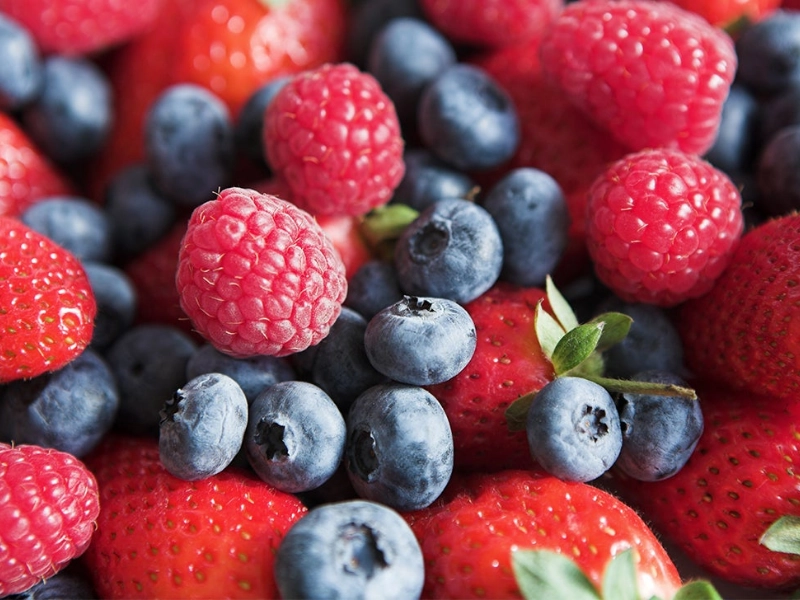
5. Berries and gut health
Control of inflammation all across the body depends critically on the stomach. Reducing inflammation and preserving immune system ability depend on a good gut flora. Excellent sources of dietary fiber, berries help to improve intestinal health by encouraging the growth of helpful bacteria. The body's inflammatory reaction can be controlled in part by a varied and balanced gut flora. Regular consumption of berries helps to create a healthy intestinal environment, thereby helping to lower inflammation.

6. Fiber's Function
Apart from their antioxidant qualities, berries' fiber count is crucial in helping to lower inflammation. Fiber may enhance metabolic health and assist in controlling digestion. Research on a high-fiber diet has linked reduced levels of inflammatory markers in the body to Berries taste great and will increase your fiber intake when included in your meals. Berries are a great tool for controlling inflammation since of their combination of antioxidants and fiber.
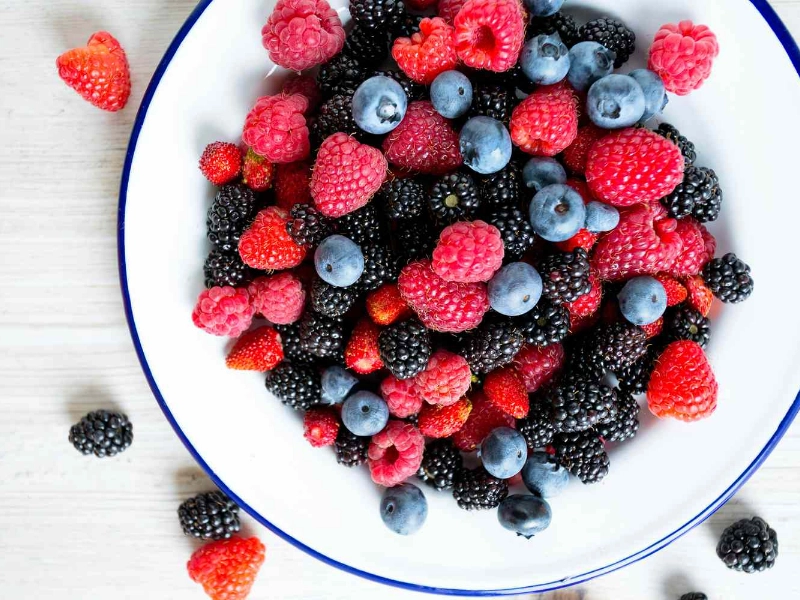
7. Including Berries in Your Diet
Berries are a simple and flexible addition to your diet. One can savor them fresh, frozen, or dried, as well as include them in different cuisines. For a vitamin boost, think about including berries in salads, cereal, yogurt, or smoothies. They also find application as a topping for sweets and in baking. Berries' inherent sweetness makes them a great substitute for refined sugars, therefore encouraging a better lifestyle and helping to lower inflammation.
8. The Science Underlying Inflammation and Berries
Berries have antiinflammatory properties, according to lots of studies. Regular berry intake has been linked, according to studies, to lower levels of C-reactive protein (CRP), a body's indicator of inflammation. Other research has shown that berries' antioxidants may help reduce blood pressure and raise cholesterol, both of which are related to inflammation. These results stress the need for having berries in a balanced diet to support general health.
9. Inflammation and lifestyle factors
Although controlling inflammation mostly depends on nutrition, other lifestyle choices are also very significant. Stress management, enough sleep, and consistent exercise can all help to lower inflammation levels. Combining a good lifestyle with a diet high in berries can help to maximize the anti-inflammatory properties and support general well-being. Over time, little, regular changes might result in major health benefits.
10. Anti-Inflammatory Summary of Berries
Berries' rich nutritional profile and strong antioxidants help them to be nature's response to lowering inflammation. Including different berries in your diet will help your body fight against persistent inflammation naturally. Their great fiber content improves intestinal health even more, therefore promoting general well-being. Including berries in a balanced diet not only pleases your taste receptors but also advances a better, inflammation-free way of life.

